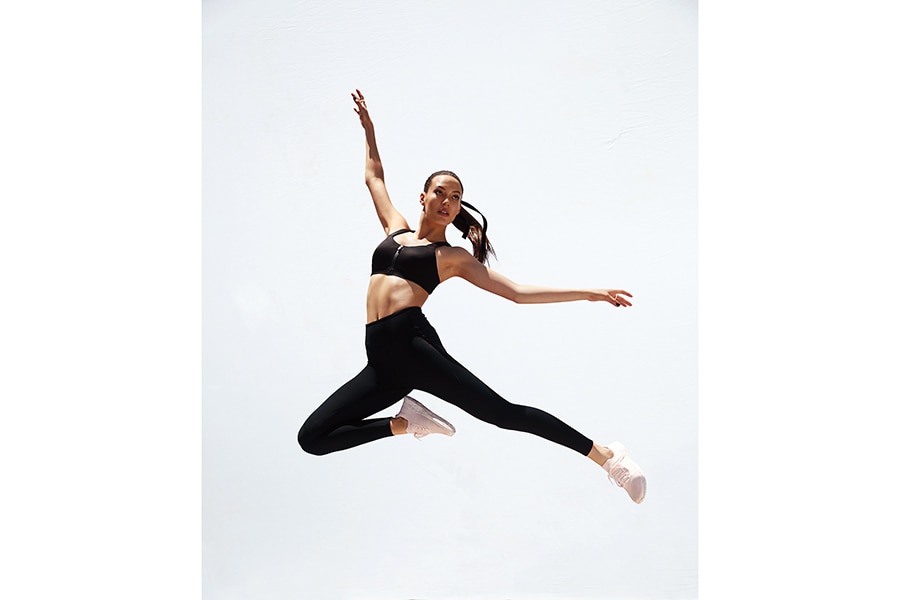
Victoria's Secret swaps angels for female empowerment. Will women buy it?
With Megan Rapinoe, Eileen Gu, and Priyanka Chopra Jonas among others, Victoria's Secret is spearheading what may be the most extreme and unabashed attempt at a brand turnaround in recent memory with seven women famous for their achievements and not their proportions
 A photo provided by Victoria’s Secret shows Eileen Gu, a skier who plans to compete at the Olympics. She is a member of the VS Collective, a group of seven accomplished women who will spearhead an effort to redefine the version of “sexy” that Victoria’s Secret represents (and sells) to the masses. (Jacob Sutton/Victoria’s Secret via The New York Times)
A photo provided by Victoria’s Secret shows Eileen Gu, a skier who plans to compete at the Olympics. She is a member of the VS Collective, a group of seven accomplished women who will spearhead an effort to redefine the version of “sexy” that Victoria’s Secret represents (and sells) to the masses. (Jacob Sutton/Victoria’s Secret via The New York Times)
The Victoria’s Secret Angels, those avatars of Barbie bodies and playboy reverie, are gone. Their wings, fluttery confections of rhinestones and feathers that could weigh almost 30 pounds, are gathering dust in storage. The “Fantasy Bra,” dangling real diamonds and other gems, is no more.
In their place are seven women famous for their achievements and not their proportions. They include Megan Rapinoe, the 35-year-old pink-haired soccer star and gender equity campaigner; Eileen Gu, a 17-year-old Chinese American freestyle skier and soon-to-be Olympian; the 29-year-old biracial model and inclusivity advocate Paloma Elsesser, who was the rare size 14 woman on the cover of Vogue; and Priyanka Chopra Jonas, a 38-year-old Indian actor and tech investor.
They will be spearheading what may be the most extreme and unabashed attempt at a brand turnaround in recent memory: an effort to redefine the version of “sexy” that Victoria’s Secret represents (and sells) to the masses. For decades, Victoria’s Secret’s scantily clad supermodels with Jessica Rabbit curves epitomized a certain widely accepted stereotype of femininity. Now, with that kind of imagery out of step with the broader culture and Victoria’s Secret facing increased competition and internal turmoil, the company wants to become, its CEO said, a leading global “advocate” for female empowerment.
Will women buy it? An upcoming spinoff, more than $5 billion in annual sales, and 32,000 jobs in a global retail network that includes roughly 1,400 stores are riding on the answer.
It is a stark change for a brand that not only long sold lingerie in the guise of male fantasy, but has also been scrutinized heavily in recent years for its owner’s relationship with sex offender Jeffrey Epstein and revelations about a misogynistic corporate culture that trafficked in sexism, sizeism and ageism.
©2019 New York Times News Service




